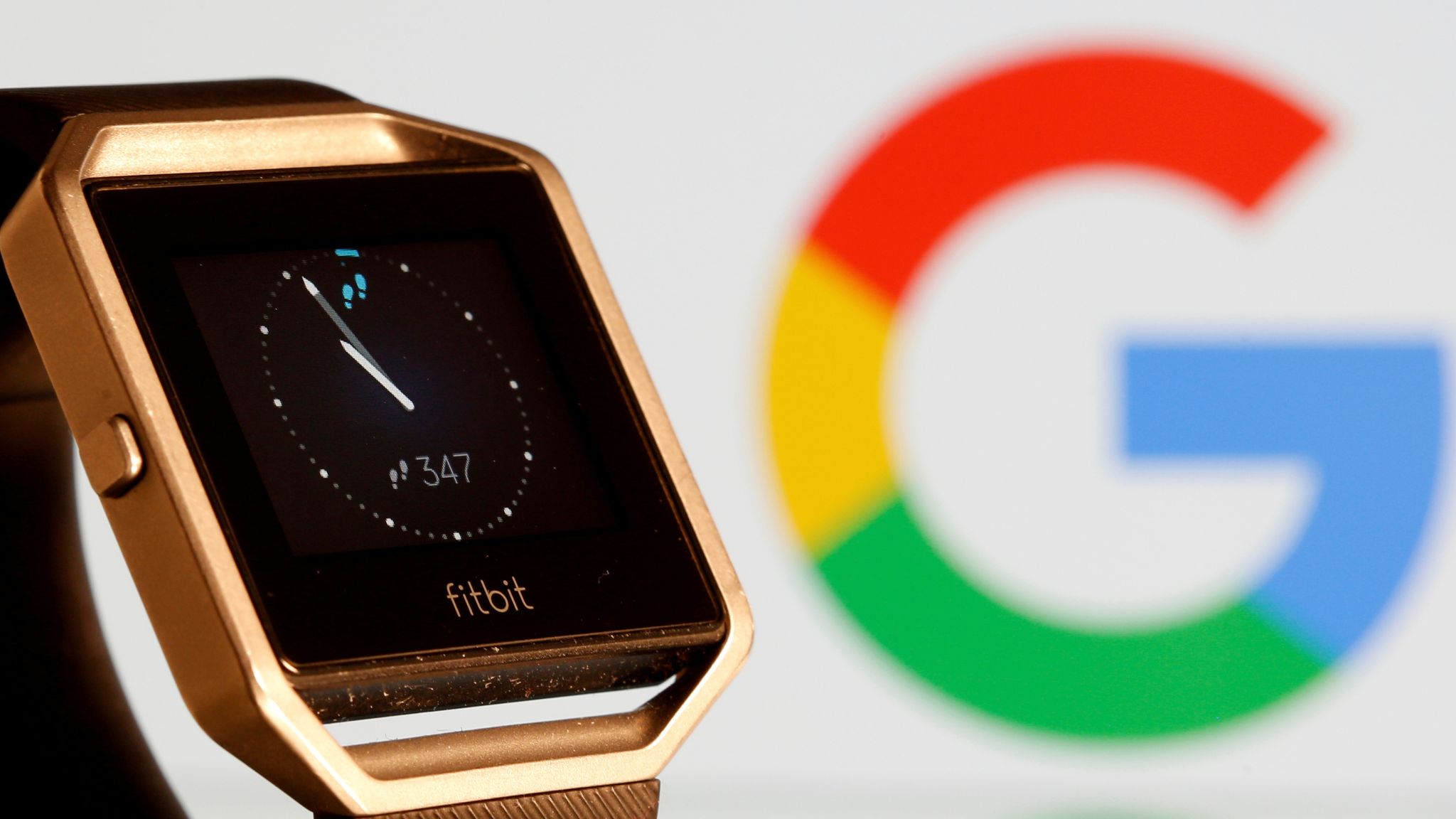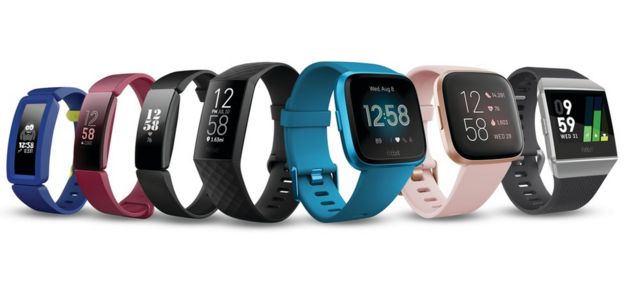The European Commission is launching a full investigation into Google’s acquisition of Fitbit. EU regulators are worried that the deal will entrench Google’s position as a market leader in online advertising by giving the search giant access to data collected from Fitbit’s health tracking hardware that can be used for personalized advertisements.
The move by the European Commission on Tuesday came despite Google’s pledge last month not to use the fitness tracker’s data for advertising purposes in a bid to address competition concerns.
Statement From The European Commission
The data collected via wrist-worn wearable devices appears … to be an important advantage in the online advertising markets,” wrote the commission in a press release. “By increasing the data advantage of Google in the personalization of the ads it serves via its search engine and displays on other internet pages, it would be more difficult for rivals to match Google’s online advertising services.”

While the European Commission has said its main concern is the “data advantage” Google will gain to serve increasingly personalised ads via its search page, it also said its investigation would look into:
- the effects of the merger on Europe’s nascent digital healthcare sector
- whether Google would have the means and ability to make it more difficult for rival wearables to work with its Android operating system.
In recent months, regulators and consumer groups have signaled their concerns about the $2.1 billion acquisition of Fitbit, which was announced in November 2019. Google has responded to these concerns by promising not to use health data collected from Fitbit devices to target ads, and placing it in a “data silo” separate from its ad tracking business.
But the EU says these assurances were insufficient, as the information Google promised to place in the silo “did not cover all the data that Google would access as a result of the transaction and would be valuable for advertising purposes.”
In addition to its worries about Google strengthening its position in the ad business, the commission is also concerned about the effects the acquisition might have on the digital health market in Europe and interoperability of rival fitness tracking devices with Android.
Statement From Google
In a blog post, Google SVP of hardware Rick Osterloh stressed that there was “vibrant competition” to Fitbit’s devices, and the search giant would be happy to make legally binding commitments on how it will use the health data it collects as part of the deal. “We appreciate the opportunity to work with the European Commission on an approach that addresses consumers’ expectations of their wearable devices,” said Osterloh.

The commission now has 90 days, until December 9th, 2020, to conclude its investigation.
Previous Rulings Against Google
The European Commission has ruled against Google in three previous competition cases, concerning the company’s:
- AdSense online advertising service
- Shopping ads platform
- Use of Android to promote its search business
In addition, the regulator is considering whether to launch a full-scale investigation into the firm’s jobs search tool.
Google also faces increased antitrust scrutiny in the US.
Its chief executive Sundar Pichai faced several claims of anticompetitive behaviour last week when he was quizzed by Congress, including claims that Google had too much control over the purchase and sale of online ads.
In addition, the Senate Judiciary Committee has said it plans its own hearing into Google’s “dominance in online advertising” on 15 September.
FitBit’s Market Position
California-based Fitbit helped pioneer the fitness tracker market, launching its first device in 2009. It now has about 30 million active users and has sold more than 100 million gadgets to date.

However, it currently ranks behind Apple, Xiaomi, Samsung and Huawei in terms of global shipments of wearable tech, according to market research firm IDC.
It posted a $132m (£101m) loss in its last annual results, alongside a sales figure that had declined for the fourth year in a row, despite the launch of its Versa 2 smartwatch.






Leave a Reply
You must be logged in to post a comment.